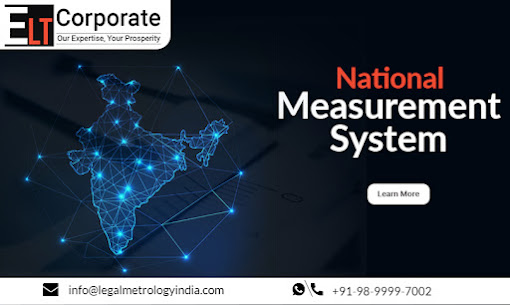The wide application of measurement after World war was prompted by the development of electronic technologies and anti-physical measurement into a wide range of new applications with a proliferation of industry-based units for physical quantities. However, a major advance in bringing coherence to this highly diverse and fragmented system was the adoption in 1960 of the international system of units (SI) that established a single unit for each physical quantity fully.
There was also a massive expansion in expenditure on measurement-related activities indicating that the expenditure on measurement by industry, government, and the community was a certain percentage and sectorial measurement intensity that is the expenditure on measurement-related activities as the percentage of the total expenditure of sector expenditure. Major users including government, trade, electric gas, and water utilities were included. (Read also: Legal Metrology Department Functions for the Economy)
The responsibility for the control of the nation's measurement system is poorly centralized and it is possible that this diffusion is healthy for the development of viable measurements.
Further, it is probably impossible to coalesce the nation's diverse measurement requirements into a single pattern. However, the quantity of the scientific measurement now required by the measurement intensive law and regulations are piling up while many of the desirable physical and statistical characteristics of good measurement methods and associated measurement systems are being given short shrift.
The result is that the quantity of the many scientific measurements is suspect and the time appears ripe for the review of the adequacy of our present approach to scientific measurement.
Legal Metrology in Trade
- From its beginning measurement was recognized as a provider of object information however when used in trade transactions where the measurement process lacked transparency and there was asymmetry of information between the trader providing the measurement and the trader accepting these measurements.
- The purchaser in a retail transaction, the producer in farm produce transaction and the smaller business and commercial transaction were considerable scopes of uncertainty disputation transaction cost and market efficiency.
- These transaction costs can result from concern about the accuracy of measurement, that is the short measurement, consistency of the measurement example paying more than the other customers.
- The effective state is vital for the provision of the rules and institutions that allow the market to flourish without its sustainable development both economically and socially is quite impossible which is especially being taken care of by the legal metrology department of the country.


No comments:
Post a Comment